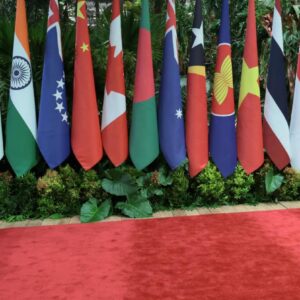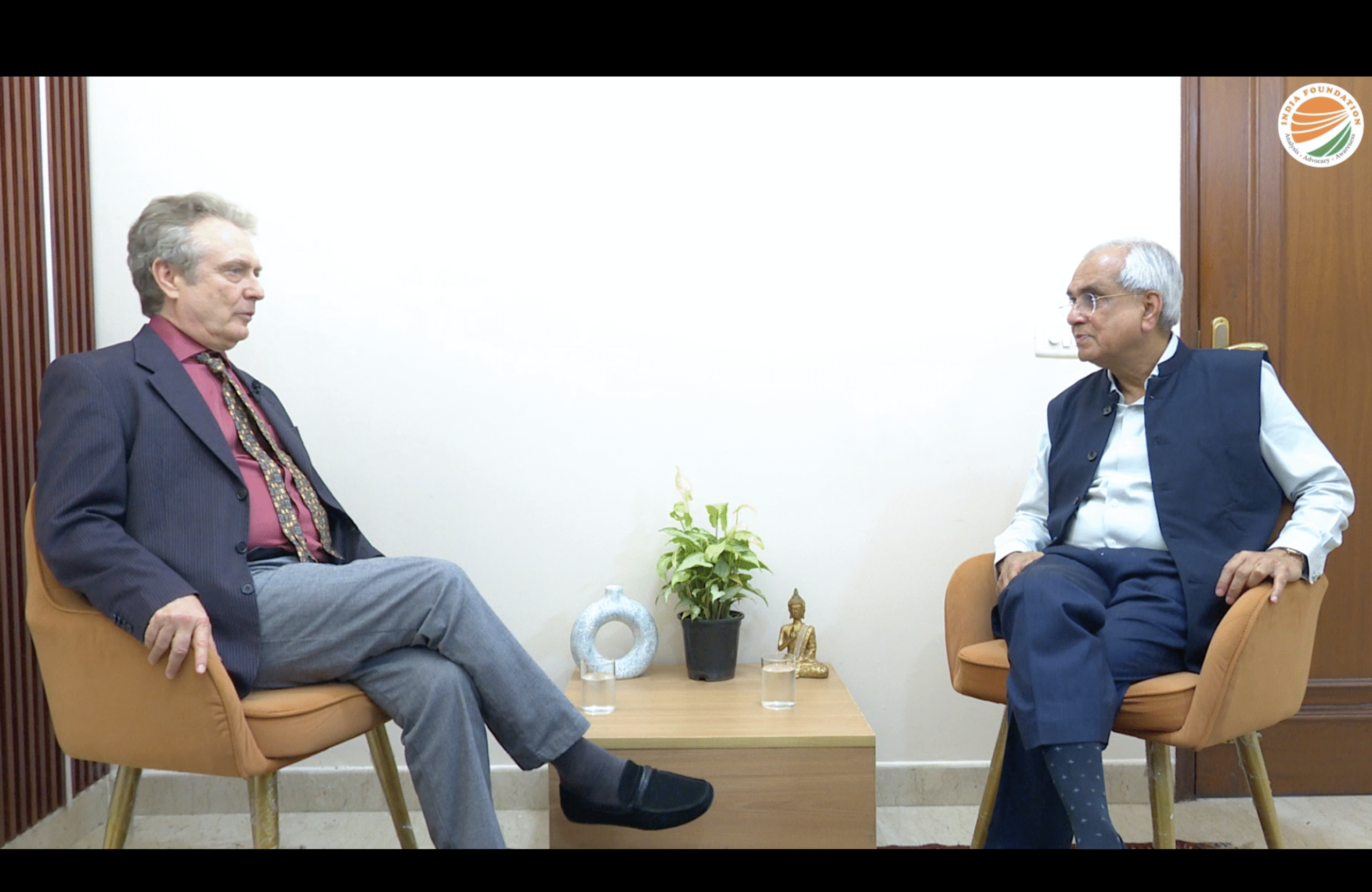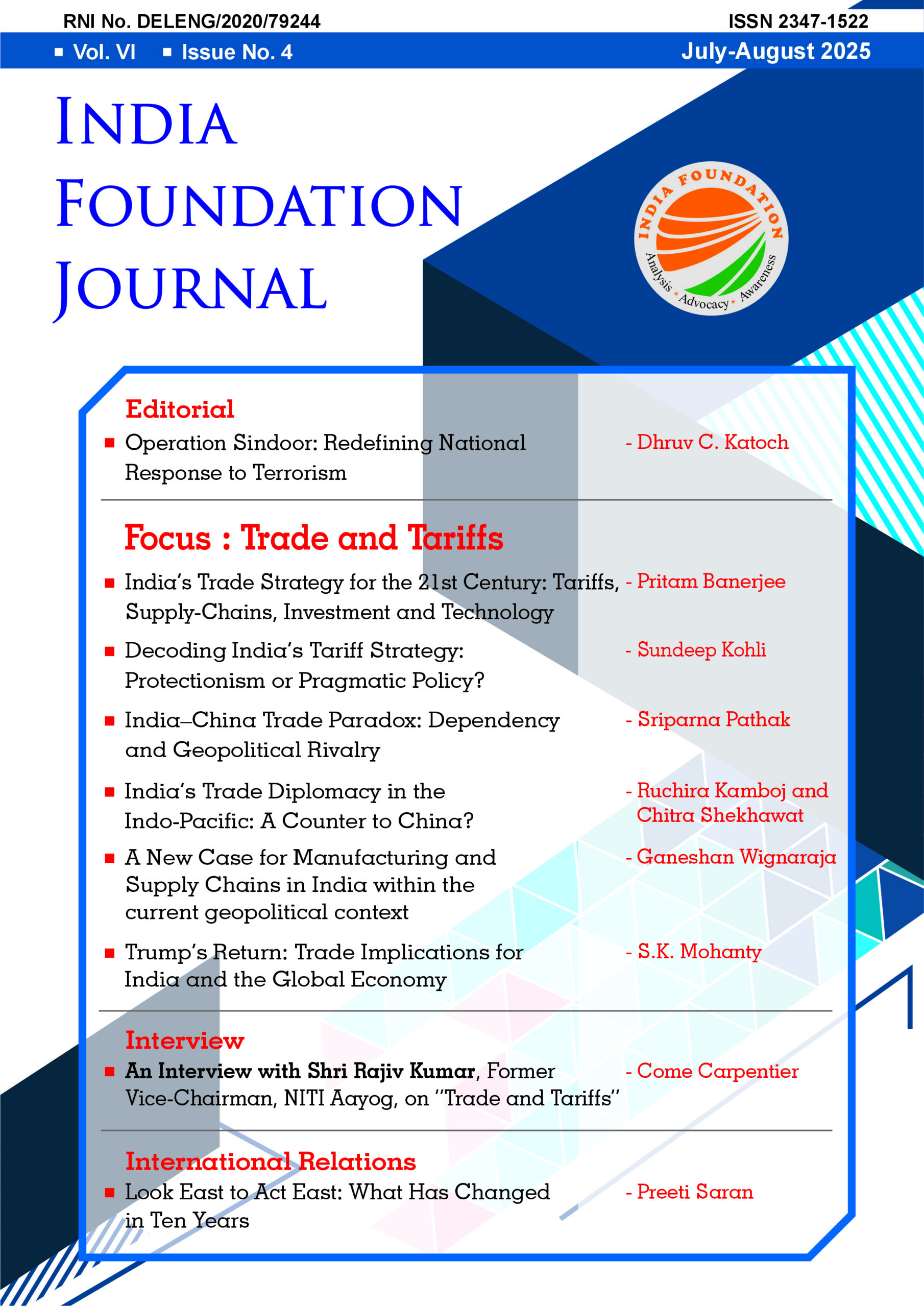Nothing could be more farcical than the missive Pakistani foreign minister has sent to the UN Secretary-General Antonio Gutierrez on Monday last(18th February 2019) seeking his help to “reduce the tensions between the two countries”. Raising alarm over the threat of India attacking Pakistan, the foreign minister has, in his letter, alerted the UN Secretary-General that the security situation was fast declining in the region. He says that he writes with a sense of urgency. Interestingly, the foreign minister has underlined that the Pulwama suicide attack was “ostensibly and even by Indian accounts carried out by a Kashmiri resident.” He goes on to argue that India has heightened tension to fulfil its domestic political agenda.
Handing out a veiled threat, the minister has, in his letter, alleged that India has hinted at abandoning the Indus Water Treaty, which would be a “grievous error”. He has urged the UN to step in and defuse the tension and that India should institute an open and credible investigation in the terror attack. He supplicates for UN intervention to prompt India for talks on Kashmir. And finally, he has requested the Secretary-General to circulate the copies of his letter among the members of the UN.
Before we try to dissect the contents of this bizarre letter, let us inform our readers what has been the reaction of the UN agencies on Pulwama suicide attack that has taken the lives of 44 CRP personnel and wounded others.
In a PTI despatch carried by the DNA of 22 February it is reported that on Thursday, the 15-member UN Security Council including China, condemned in the “strongest terms” the “heinous and cowardly” terror attack perpetrated by Pakistan-based Jaish-e-Mohammed in Pulwama and stressed on the need to hold organisers and financiers of such “reprehensible acts” accountable and bring them to justice. The press statement, issued by the most powerful UN body, names the Pakistan-based terror group headed by Masood Azhar. The press statement said,” “The members of the Security Council condemned in the strongest terms the heinous and cowardly suicide bombing in Jammu and Kashmir, which resulted in over 40 Indian paramilitary forces dead and dozens wounded on February 14, 2019, for which Jaish-e-Mohammed has claimed responsibility.” It further said, “The members of the Security Council underlined the need to hold perpetrators, organisers, financiers and sponsors of these reprehensible acts of terrorism accountable and bring them to justice, and urged all States, in accordance with their obligations under international law and relevant Security Council resolutions, to cooperate actively with the Government of India and all other relevant authorities in this regard,
This categorical statement of the Security Council has come a day after the letter of the Pakistani foreign minister was delivered to the UN Secretary General. The condemnation by the UNSC comes just a day after Pakistan’s Permanent Representative to the UN Maleeha Lodhi met top UN leaders, including with Secretary-General Antonio Gutierrez and the Security Council President Anatolio Ndong Mba, briefing them about what she claimed “escalating tensions in the region in the wake of the Pulwama attack.”
Let us revert to the letter of Pakistani foreign minister and expose his frustration and an attempt of hiding behind a plethora of falsehood. What need has India for providing a proof of involvement of Pakistan in the attack when Jaish-e-Muhammad, the UN designated organization publicly claimed that it was behind the attack. Neither the Pakistan government nor any Pakistani intelligence agency repudiated the claim of Jaish. And the Jaish, based in Bahawalpur, Pakistan, is fondly patronized by the ISI and Pakistan army. Secondly, India produced a plethora of evidence in the Mumbai attack and Pakistan evaded action. It even disowned Kasab and declined to accept his dead body after he was executed.
As far as the creation of tension, this is precisely what India has been saying and proving that suicide bombers and infiltrators are sent from across the border to disrupt peace in Kashmir. The tension in the region is the handiwork of Pakistani jihadis raised as the front-line strike force against India. And there is not only the Jaish but so many known and unknown terrorist groups who change their nomenclature as the situation demands. What is Salahu’d Din the chief of United Jihad Front doing in Rawalpindi? What has Pakistan to say about the intercepted conversation between him and late Burhan Wani?
Four times resolutions were moved in the Security Council to designate the Jaish chief Azhar as the international terrorist. Every time China opposed it. Why is it so? The answer is that China encourages anti-India adventurism of Pakistani jihadi organizations while it imposes all conceivable restrictions of Uighur Islamists in its eastern province of Xinjiang. China has already extracted a commitment from Pakistan that its terrorist organizations will not admit Uighur rebels in its training camps for training in terrorism. Following that commitment, China imposed most reprehensible restrictions on the Uighur Sunni population of Xinjiang in performing their religious duties and Pakistani fanatics remain tongue-tied. Obviously, China promotes terrorism abroad while maintaining a strict vigil against it at home.
Pakistani foreign minister has talked about India intending to walk away from Indus Water Treaty. In the first place, India has never said anything of that sort and knowing that Nehru had shown unwarranted generosity to Pakistan in that treaty, India did not oppose it in any way all these years. Not only that, Pakistan dragged India to the International Court and World Bank several times alleging Indiahad violated the Indus Treaty, India just took recourse to the legalities of the case and never hinted at revanchist stance. Therefore Pakistan’s allegations are nothing more than a figment of imagination.
However, it will be reminded that Pakistan broke the commitment made to the UN by signing the Security Council 1948 Resolution on Kashmir. Pakistan broke the commitment made in Shimla Agreement that it will solve Kashmir issue through bilateral talks and shun violence. Against this, Pakistan raised Kashmir issue again andagain at the UN and other world fora. Not only that, frustrated on its failure to grab Kashmir, it sponsored a proxy war in 1990 in Kashmir of which Pulwama suicide attack is a part. The point is that if Pakistan feels she has a right to break commitments with international ramifications, she will have to concede the same rights to India in the case of Indus Water Treaty, which in no way is of scriptural sanctity not to be rescinded.
And finally, as regards the alleged threat India is posing to Pakistan in the words of her foreign minister, the fact is that Pakistan is indeed faced with dire threat certainly and unquestionably not from India but from its own people against whom it has adopted discriminatory treatment and most repressive and oppressive policies. Pakistan, to be precise, the Pakistani Punjabis are face to face with the threat from the Baloch, the Sindhis, thePashtoons, the Kashmiris of PoK and the entire people of Gilgit and Baltistan. India and the entire world stand for democratic and secular values for all communities especially the minorities in any part of the world.
The comity of nations is geared to meeting the threats to the world society posed by the powerhouse of terrorism in Pakistan. Very soon, France is going to table a resolution in the Security Council asking to declare Mas’ud Azhar as an international terrorist. This will be a befitting reply of the Security Council and the world community to the letter which the Pakistani foreign minister dispatched to the UN Secretary General in an act of bravado.
(Prof. K.N. Pandita is the former Director of the Centre of Central Asian Studies, Kashmir University, Srinagar.)



